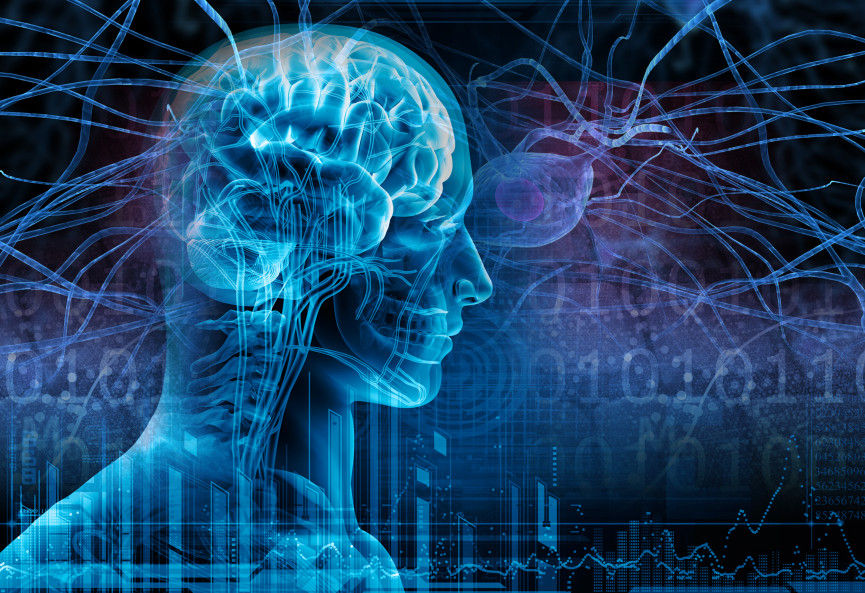
15 Jun Disruption of body’s internal clock linked with mood disorders
Daily circadian rhythms govern fundamental physiological and behavioural functions. Greater disease risks arising from circadian disruption have been identified in the brain, pancreas, and stress systems.
Disturbances to the body’s internal clock, characterized by increased activity during rest periods and/or inactivity during the day, are also associated with mood instability, more subjective loneliness, lower happiness and health satisfaction, and worse cognitive function.
A recent study has shown observational association with disruption to normal daily circadian rhythms and a greater susceptibility to mood disorders such as severe depression and bipolar disorder over the life course.
For further information on this study the journal Sleep Review has published an informative summary: http://www.sleepreviewmag.com/2018/06/disruption-internal-clock-linked-mood-disorders/?utm_source=newsletter&utm_medium=email&utm_term=SR%20Daily%206.11&campaign_type=newsletter&_hsenc=p2ANqtz-_6O0CUzDNON6NYOohsE2NRlS-jUSgvRBCR0hqtzFhl10eV__Qg7Q5raox8vl69vAhKCxfXoUj0me1hCGbsBLADuUdtJg&_hsmi=63660631
Article:
Association of disrupted circadian rhythmicity with mood disorders, subjective wellbeing, and cognitive function: a cross-sectional study of 91 105 participants from the UK Biobank. Lyall, Laura M et al. The Lancet Psychiatry , Volume 5 , Issue 6 , 507 – 514

